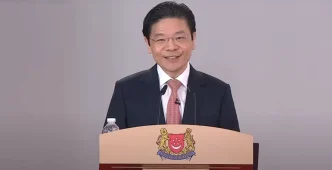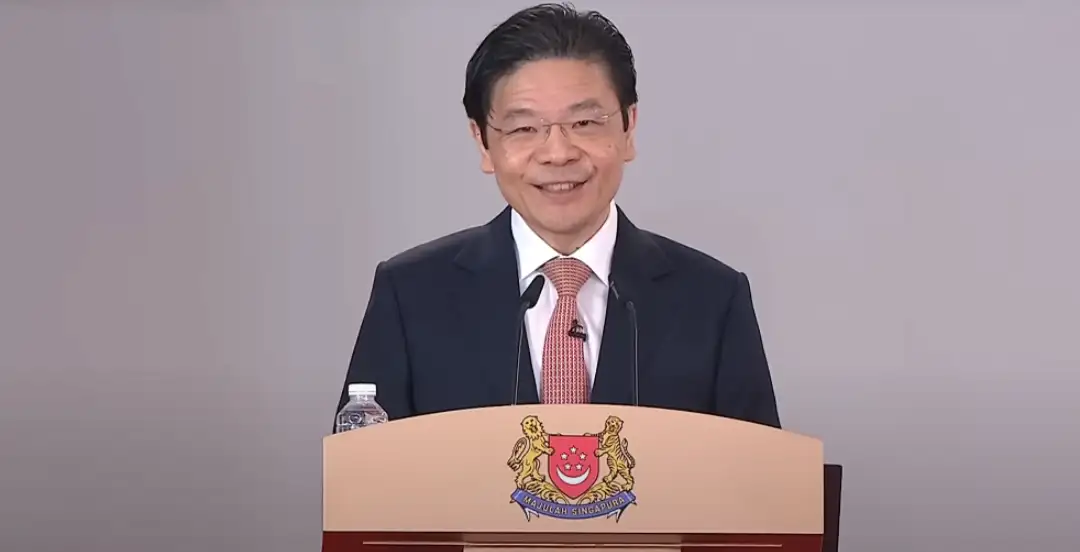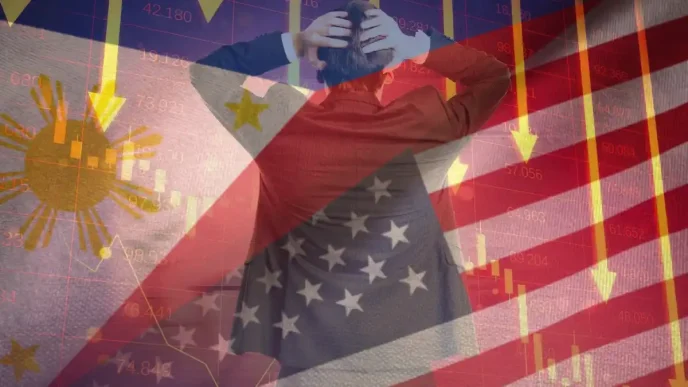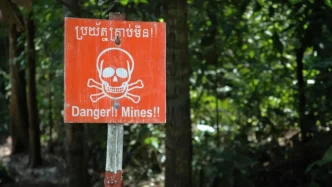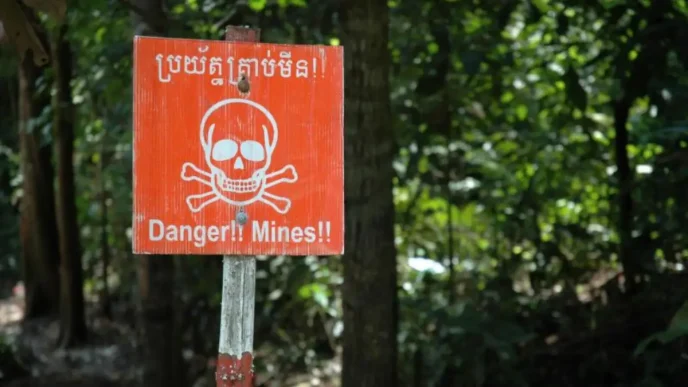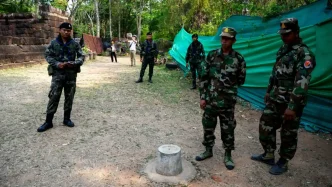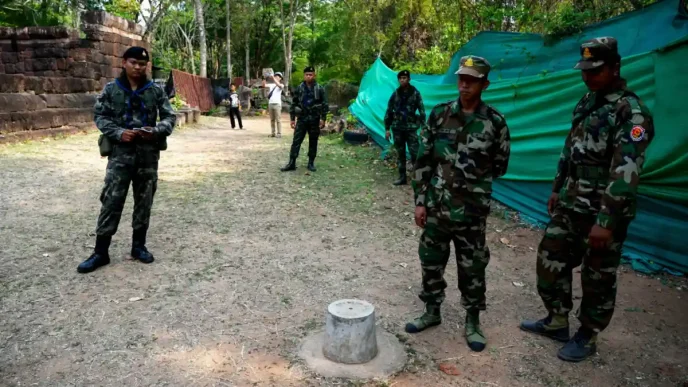In a bid to reassure Singaporeans grappling with rising costs, Prime Minister Lawrence Wong has pledged ongoing government support through initiatives like the Community Development Council (CDC) vouchers, while defending the controversial increase in the goods and services tax (GST). Speaking at the launch of the seventh tranche of the CDC voucher scheme on May 13, 2025, at Nee Soon South Community Club, PM Wong emphasized that such measures are not temporary fixes but part of a sustained effort to shield citizens from economic pressures.
A Commitment to Long-Term Assistance
Addressing concerns that the CDC vouchers might be a one-off gesture, PM Wong was unequivocal in his assurance. “Some Singaporeans say, all this is very good… but, they ask, is this just one-time and is this only a temporary assistance?” he said. “I assure all of you that this is not a one-off exercise, and the Government will provide the help for as long as it is needed.”
Under the latest rollout, every Singaporean household received $500 in CDC vouchers starting May 13, 2025, to help with daily expenses. This tranche is part of a broader Budget 2025 support package, which includes an additional $300 in vouchers scheduled for January 2026. Other measures, such as LifeSG credits, Edusave top-ups for students, and U-Save rebates for utilities, complement the voucher scheme, aiming to ease the financial burden across various demographics.
In a nod to Singapore’s upcoming 60th independence anniversary, PM Wong also announced one-off SG60 vouchers. Citizens aged 21 to 59 will receive $600, while those 60 and above will get $800, reflecting the government’s intent to mark the milestone with tangible benefits for its people.
Beyond Vouchers: Strengthening the Social Safety Net
While the vouchers provide immediate relief, PM Wong stressed that the government is working on long-term solutions to bolster social security. “We have been and we will continue to review, update and strengthen our social system across different areas, be it housing, healthcare, education or retirement” he said. These policy updates, he argued, are designed to offer Singaporeans greater assurance at every stage of life, from young families to retirees.
This commitment comes against the backdrop of a rapidly aging population and global economic uncertainties, which have put pressure on Singapore’s welfare systems. Housing affordability, for instance, remains a persistent concern, with public housing schemes under scrutiny for their accessibility to lower-income groups. Similarly, healthcare costs have risen, prompting calls for more robust subsidies and insurance coverage. PM Wong’s remarks suggest a comprehensive overhaul may be in the works, though specific details remain forthcoming.
Fiscal Responsibility and the GST Debate
Central to PM Wong’s address was the issue of fiscal sustainability, a cornerstone of Singapore’s governance model. “Maintaining fiscal responsibility has always been the Government’s approach” he said, underscoring the need to balance increased public spending with sustainable revenue streams. He pointed to the GST hike—raised from 7 percent to 9 percent in two phases over 2023 and 2024—as a necessary, albeit unpopular, decision to address a funding gap in public finances.
“It was a difficult decision to make, it was certainly not popular, but it was the right thing to do, and it was a responsible thing to do” PM Wong said. He argued that the tax increase has positioned Singapore in a “healthy and sound fiscal position,” enabling the government to roll out support measures like the CDC vouchers and to prepare for future economic challenges. Without such measures, he implied, the state would lack the resources to protect citizens from cost-of-living increases or navigate looming global downturns.
The GST hike has been a lightning rod for criticism, particularly during the 2025 General Election, where opposition parties called for a rollback to alleviate financial pressures on households. Critics argue that the tax disproportionately affects lower- and middle-income families, who spend a larger share of their earnings on taxable goods and services. While the government has offset the impact with rebates and vouchers, public sentiment remains divided, with many questioning whether the trade-off justifies the burden.
Community Spirit and National Unity
Beyond policy, PM Wong highlighted the role of community solidarity in navigating economic hardship. He praised Singaporeans for donating their CDC vouchers to those in greater need and for launching local initiatives, such as $1 deals at neighborhood stores. Merchants, hawkers, and supermarkets have also contributed by offering special SG60 promotions to maximize the vouchers’ value. “All of you did your part, including fellow Singaporeans, stepping forward to look out for one another and lifting one another up. Thank you all for your contributions” he said.
This collective spirit, PM Wong noted, is the bedrock of Singapore’s resilience and will be crucial for the nation’s progress over the next 60 years. In a post-election call for unity, he urged citizens to “close ranks” and stand together as “one united people.” “Let us find new solutions to take Singapore forward and let us secure a brighter future for ourselves, for our families, and for Singapore” he said, framing unity as a prerequisite for tackling shared challenges and achieving national aspirations.
Analyzing the Broader Implications
PM Wong’s assurances and defense of fiscal policy reflect a delicate balancing act for Singapore’s leadership. On one hand, the government must address immediate cost-of-living concerns, which have been exacerbated by global inflation and supply chain disruptions. On the other, it must maintain the fiscal discipline that has underpinned Singapore’s economic success as a global financial hub. The CDC voucher scheme and related measures are a pragmatic response to public anxiety, offering tangible relief while buying time for structural reforms.
Yet, the GST increase remains a political fault line. While the government argues that the tax hike was essential to fund rising expenditures—particularly in healthcare and infrastructure—opposition voices contend that alternative revenue sources, such as higher corporate taxes or wealth taxes, could have been explored. Data from the Ministry of Finance shows that GST revenue constitutes a significant portion of Singapore’s tax base, contributing to budget surpluses that fund social programs. However, if public dissatisfaction persists, the issue could resurface as a key battleground in future elections.
Moreover, the emphasis on community initiatives signals a shift toward shared responsibility. By encouraging citizens and businesses to support one another, the government may be laying the groundwork for a more collaborative social contract—one where state intervention is complemented by grassroots efforts. This approach aligns with Singapore’s communitarian ethos but raises questions about the scalability of such initiatives in addressing systemic inequalities.
Regional Context and Global Challenges
Singapore’s economic strategy must also be viewed through a regional lens. As Southeast Asian neighbors like Malaysia and Thailand grapple with similar cost-of-living pressures, Singapore’s ability to maintain stability sets it apart. Yet, its reliance on global trade leaves it vulnerable to external shocks, such as potential recessions in major markets like the United States or China. PM Wong’s reference to “economic storms” ahead suggests a cautious outlook, with the government likely preparing contingency measures to safeguard jobs and growth.
Internally, the focus on social system upgrades hints at a broader vision for Singapore’s future. Housing reforms, for instance, could address the growing demand for affordable flats, while healthcare enhancements might prioritize preventive care to curb long-term costs. Education and retirement policies, meanwhile, will need to adapt to a workforce shaped by technological disruption and longer life expectancies. If implemented effectively, these changes could reinforce Singapore’s reputation as a model of pragmatic governance.
As Singapore navigates these complex challenges, PM Wong’s leadership will be tested by both domestic expectations and global uncertainties. The promise of sustained support offers hope to many, but the path forward will require careful calibration of policy and public trust. For now, the nation watches to see how these commitments translate into lasting change.

